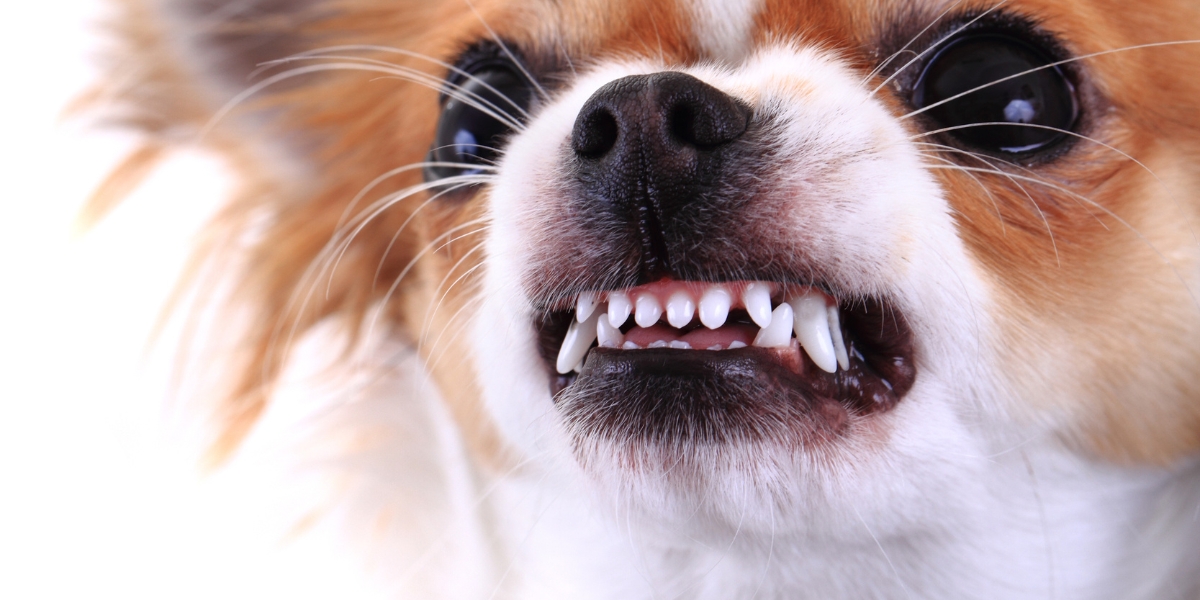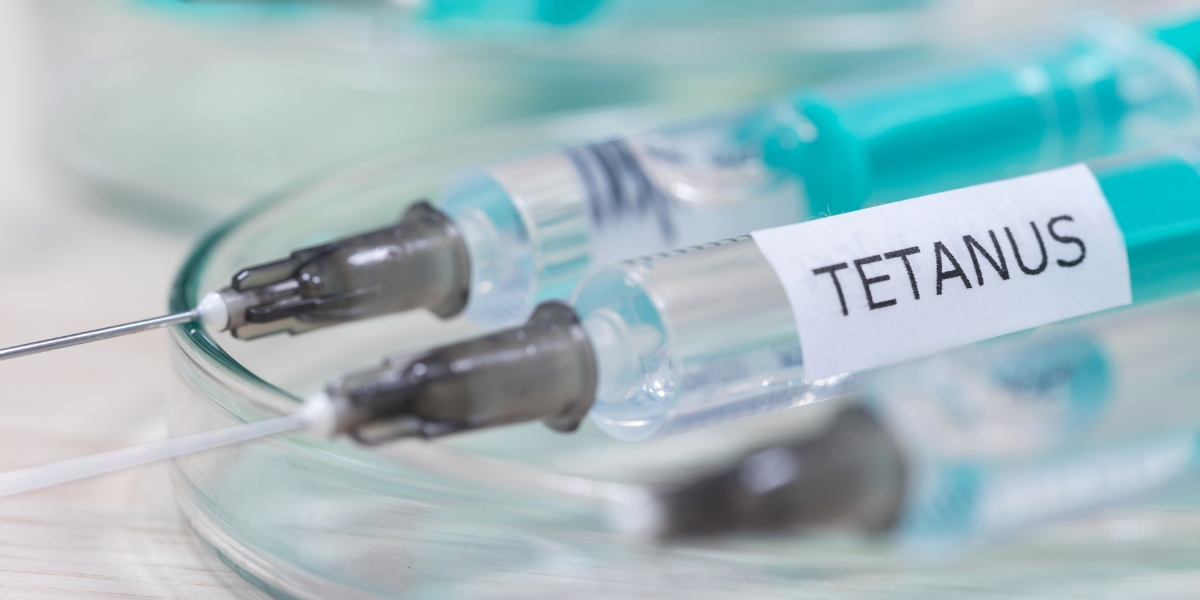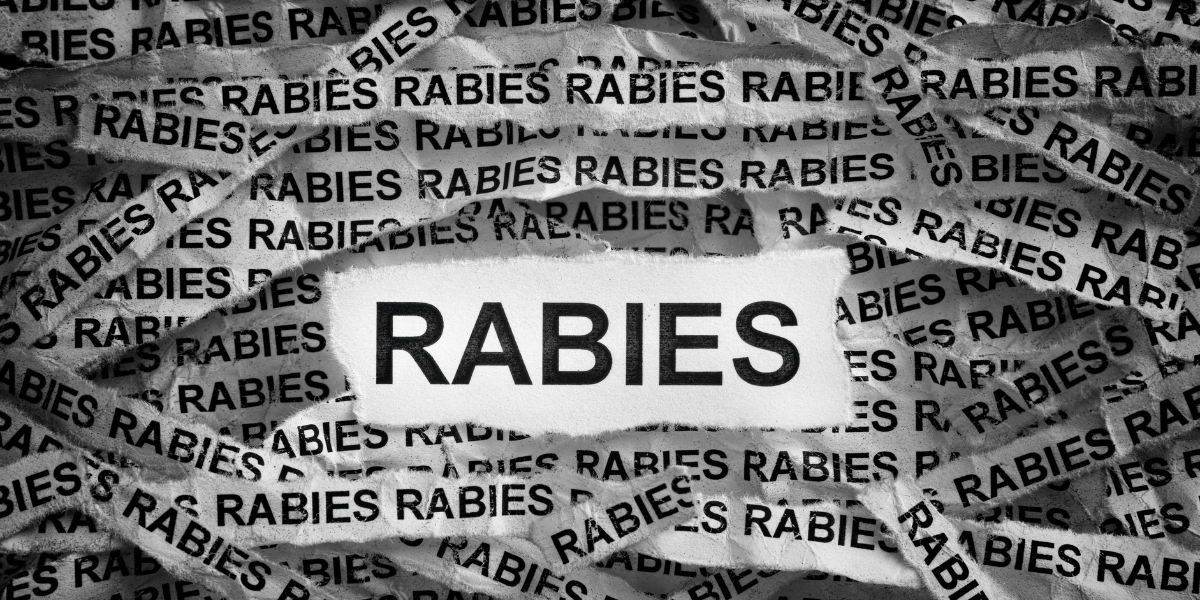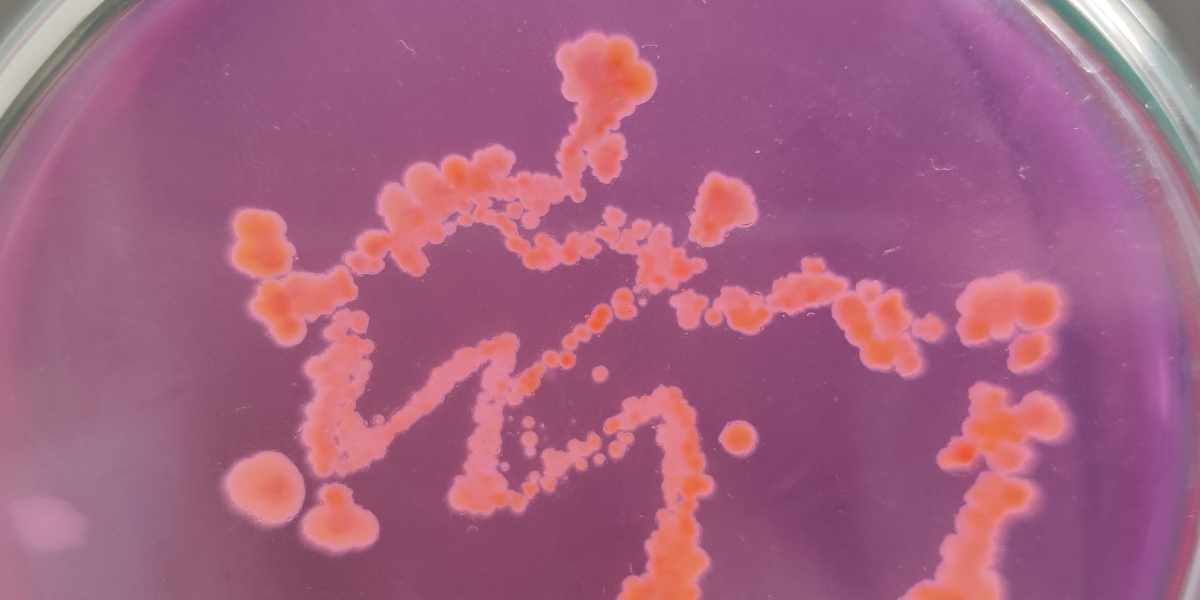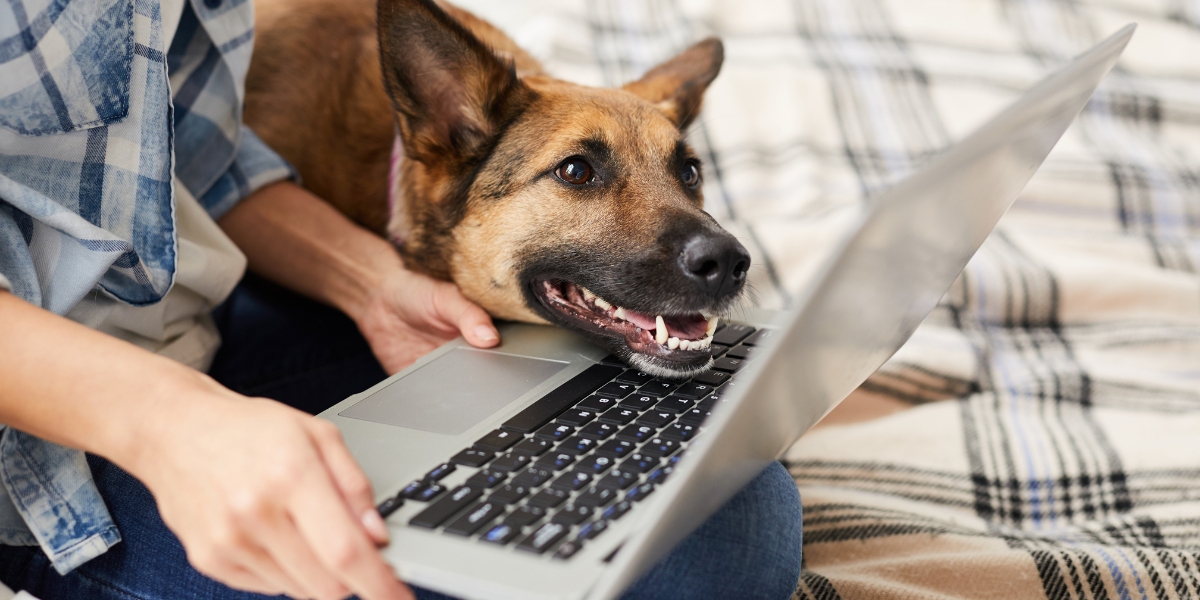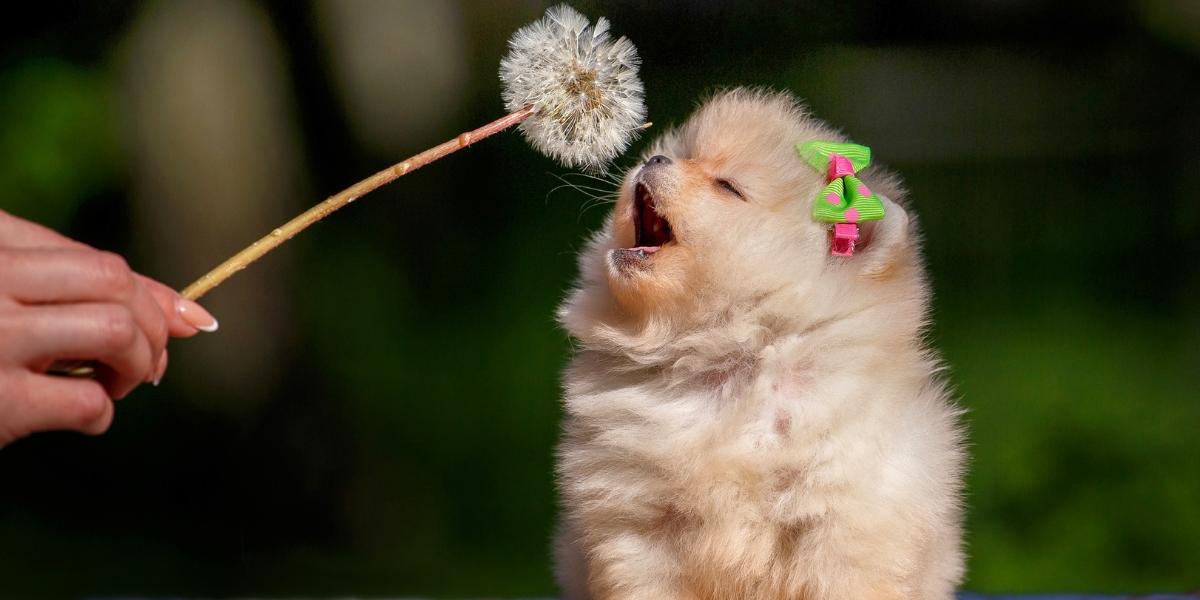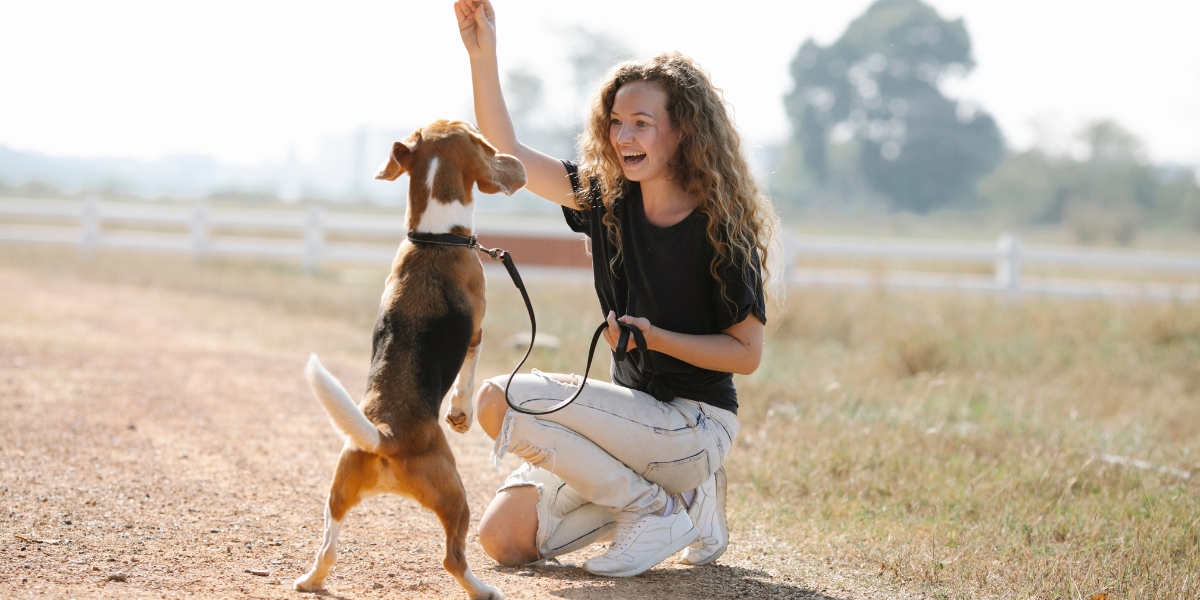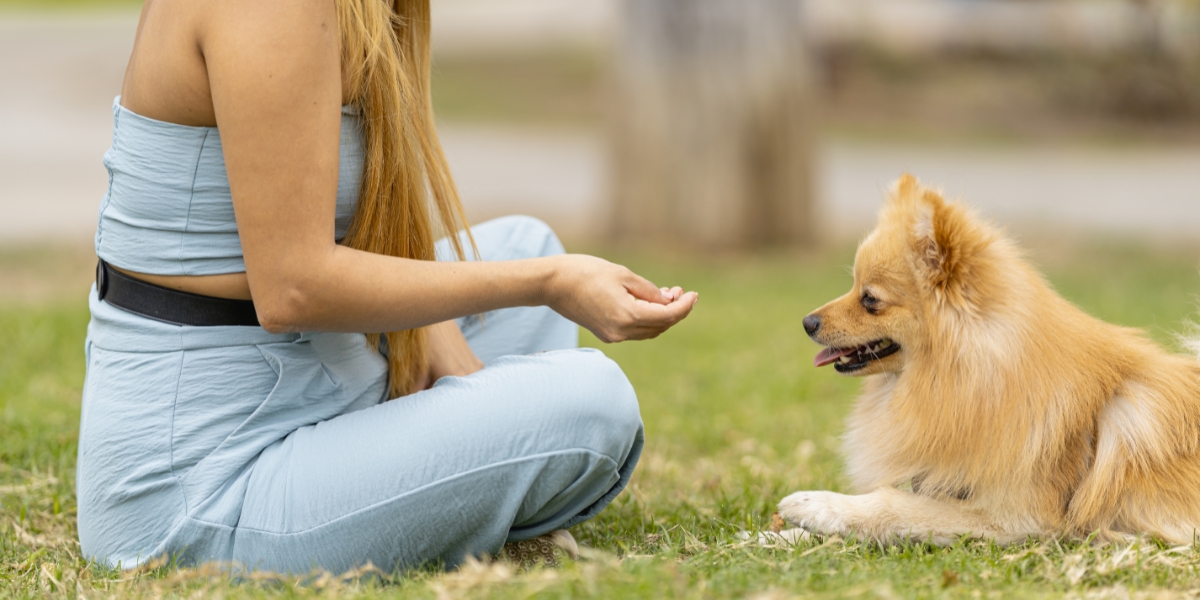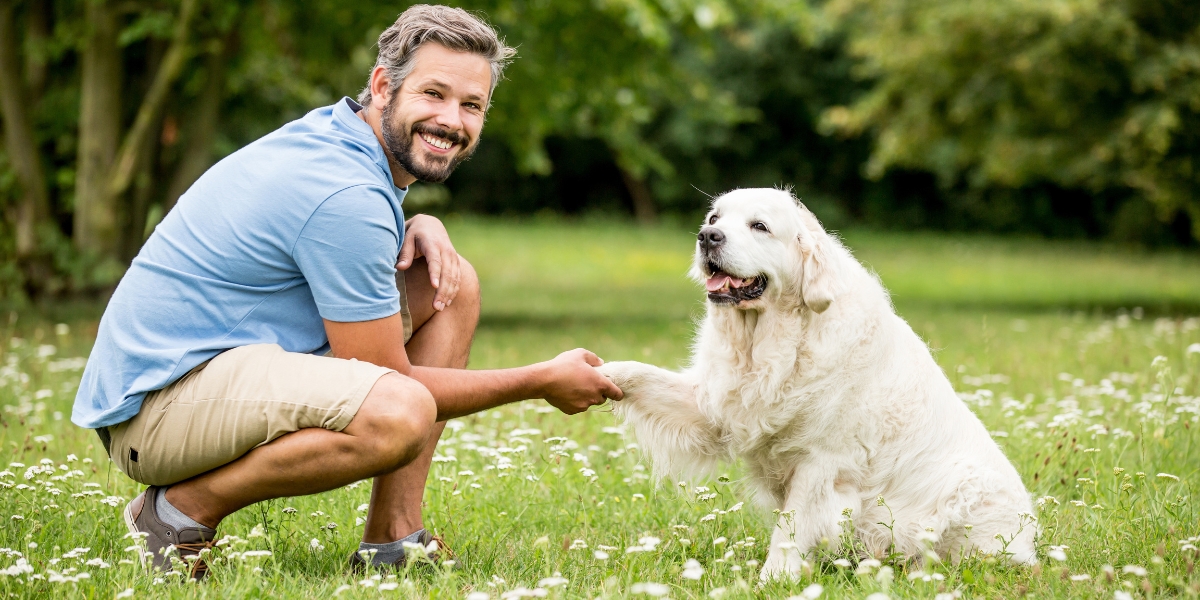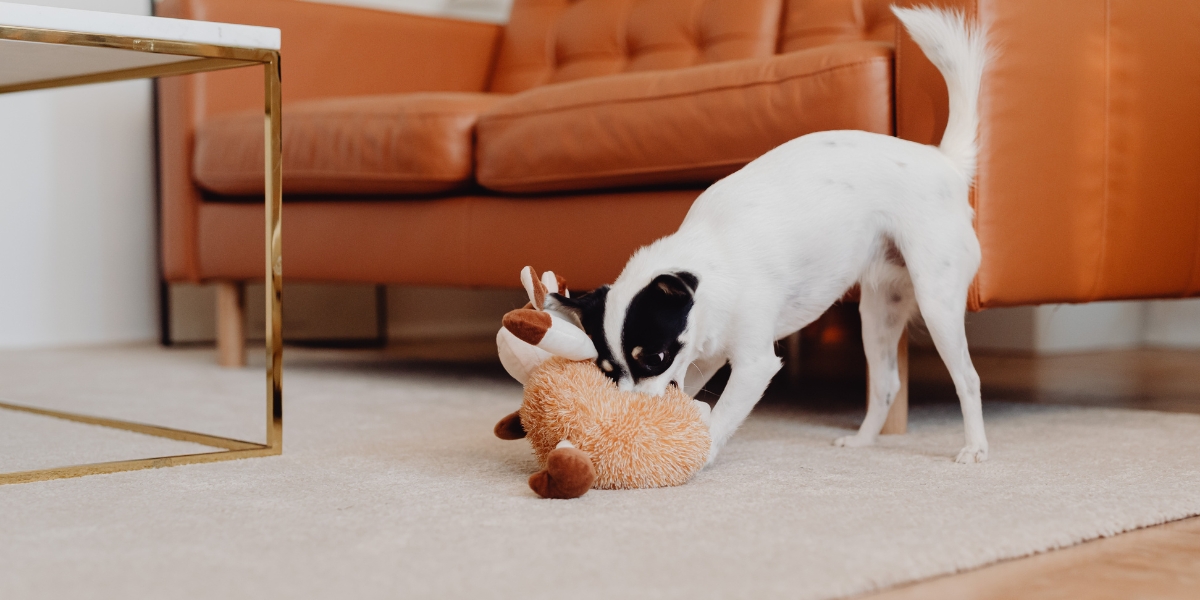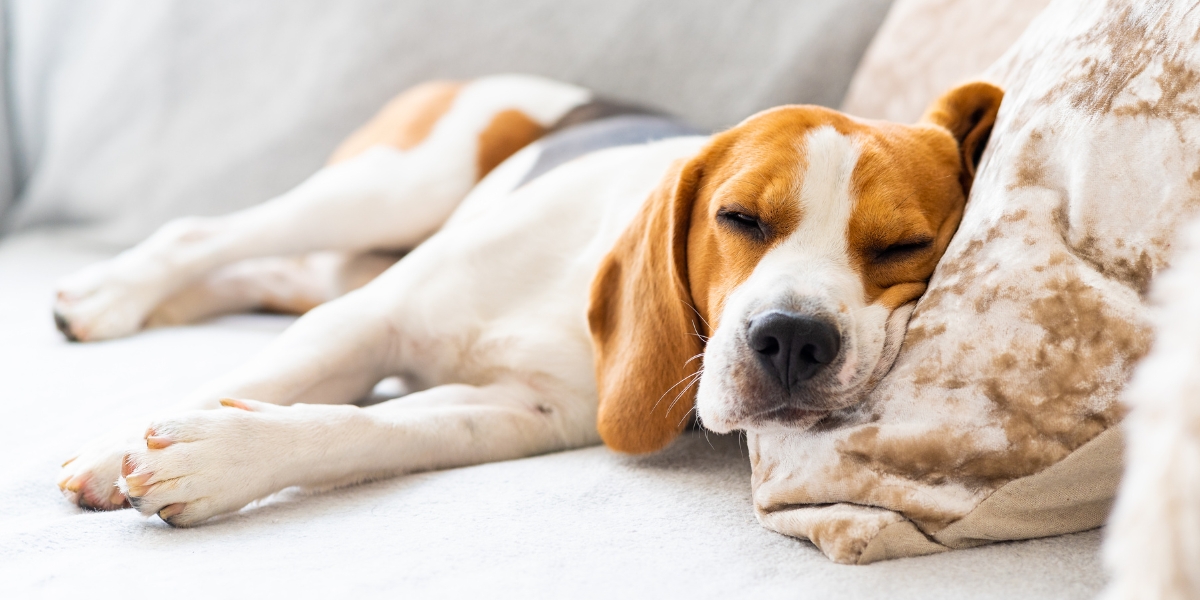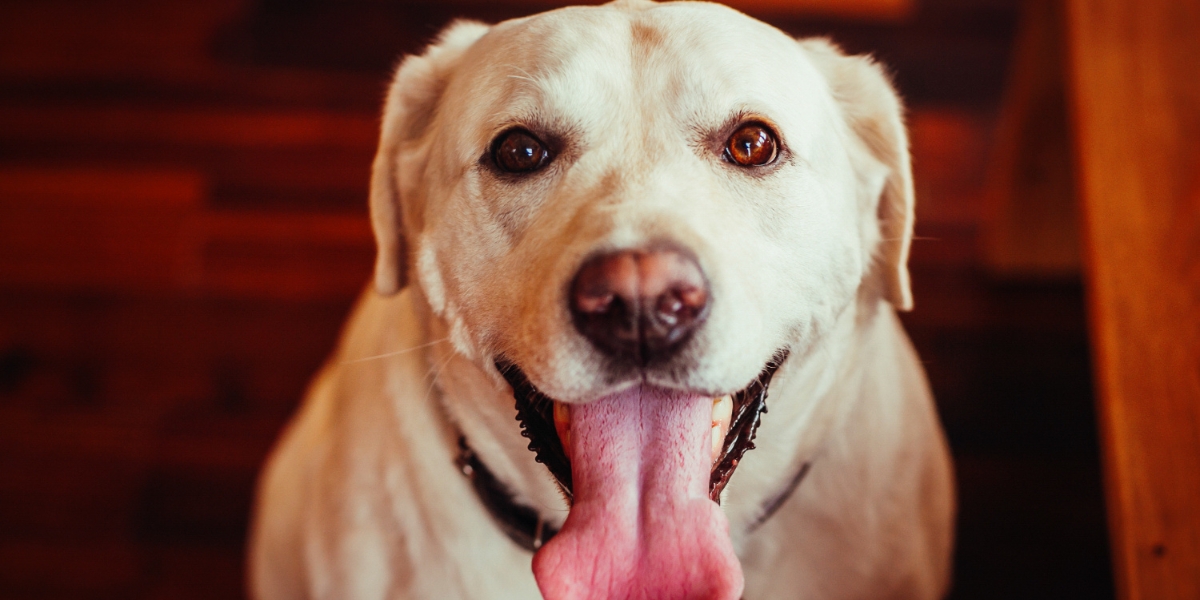Have you ever found yourself wondering why your dog engages in the peculiar behavior of gently biting your nose?
This might seem like a playful or even funny action at first, but for many pet owners, it raises questions about their dog’s motivations. Dogs often use their mouths to explore, play or communicate, making nose-nibbling a part of their natural behavior.
For adorable little pups, it may simply be a sign of curiosity or teething, while an adult dog might be seeking attention or testing boundaries. Understanding these antics can provide valuable insights into your dog’s unique way of showing affection or asking for interaction.
If your dog recently bit your nose, it’s ok to feel a mix of emotions. While it could be a lighthearted gesture, it’s also important to consider whether your dog is trying to show dominance or claim the role of the alpha.
In some cases, these bites might escalate during rough play if your dog bites back harder, which can turn into something hurtful or even dangerous. A playful nip could lead to injuries requiring stitches or more serious actions if the dog is deemed too aggressive.
It’s crucial to recognize the difference between playful nibbling and potentially harmful behaviors.
As people look for ways to handle these situations, resources like National Geographic, the Dog Whisperer, and similar programs offer advice based on science and best practices. These methods are often founded on understanding a dog’s natural instincts and encouraging positive actions.
However, viewers should be cautious not to try risky remedies at home without proper knowledge. Seeking guidance from legal advisors or trained professionals is always recommended for managing potentially dangerous habits.
To prevent future issues, it’s important to use gentle but consistent training methods that help your pet understand what’s acceptable. Redirect their energy from nibbling your nose toward toys or other objects they can safely chew.
By focusing on these steps and recognizing your dog’s unique form of communication, you can effectively manage their behavior and strengthen your bond. Keep reading to learn more about effective remedies for these naughty habits.
Also Read: Why Does My Dog Stand on Me? 10 Vet-Approved Reasons
Is It Dangerous if a Dog Bites?
When a dog bites, even a seemingly playful nibble on your nose, hand, or limb, it can sometimes lead to a wound that is more serious than it first appears. If the skin is broken, the affected area becomes vulnerable to bacteria that could cause infections.
While a slight bite might only require basic care, an unknown dog on the street could aggressively attack without prior warning, leading to more severe injuries. It’s crucial to wash the affected area thoroughly with water, apply antibiotics cream if the surface is broken, and seek medical attention immediately to prevent complications. Fail to treat a bite on time, and it could even become fatal in extreme cases.
A dog’s front teeth can compress tissue, causing a smaller cut, or create a jagged open wound that might take longer to heal. Be especially wary of bites that puncture deeply, as these wounds can lead to serious infections requiring hospitalization or intravenous antibiotics.
Whether your pooch is nibbling affectionately or the situation involves an aggressive attack, proper care is essential. Remember, even playful kisses can sometimes carry risks if the skin is broken. Always prioritize cleaning and treating wounds promptly to avoid unnecessary complications.
How Dangerous Can Dog Bite Wounds Be?
A dog bite can cause more harm than it seems, especially if the strong jaws tear through soft tissues and skin. In severe cases, a bite to the chest wall could lead to a lung collapse, or it might damage the intestines, resulting in serious injuries. While most dog bites aren’t fatal, they can reveal underlying issues if not treated properly, so it’s essential to take even small wounds seriously.
Consider the possible complications that dog bites can lead to:
1. Tetanus
Tetanus is a serious bacterial infection that can develop after animal bites, including those from dogs. This disease attacks the body’s muscles, causing them to become rigid and tight, often leading to lockjaw where the jaw and neck muscles contract painfully. It typically occurs when dirt or dust enters open wounds caused by bites, burns or even insects. Treating and cleaning dog bites promptly is crucial to avoid this dangerous condition.
2. Rabies
Rabies is a fatal condition often related to dog bites, as it affects the central nervous system of the victim. This dangerous infection, if left unattended, can lead to death.
Proper care and immediate vaccination after a bite are essential to prevent this life-threatening issue.
3. Muscle damage
Dog bites can lead to severe complications like muscle or nerve damage, especially when the bites are deep. These injuries may also affect blood vessels beneath the skin, even if the wound seems small or involves only minor punctures. Be careful with bites that happen unexpectedly, as untreated damage can worsen over time.
4. Scars
A dog bite can cause scars on the skin, especially if the bite breaks the surface. While most bites result in mild injuries, some can be more serious, leaving visible scars on the face. Over time, these marks may lessen in appearance, but in cases where the injury is more severe, plastic surgery or skin grafting may be needed as a medical solution to help the wound be salvaged.
5. Broken bones
Dog bites can sometimes lead to serious complications, especially when a dog with strong jaws snaps and causes broken bones. Certain breeds of dogs are more likely to cause such injuries. The most common areas for fractures are the legs and hands, where a bite can cause significant damage. While these injuries are rare, they can be very painful and may require medical treatment to avoid long-term issues.
6. Infections
Dog bites can carry a risk of infections because of the bacteria in a dog’s mouth, including Pasteurella, Staphylococcus and capnocytophaga. These bacteria can be transmitted through the bites, causing serious injuries.
The risk of infection is riskier for individuals with conditions like diabetes or weakened immune systems, making it crucial to clean and treat any bite promptly to prevent complications.
7. Death
While dog bites are often not fatal, in severe cases, they can lead to complications that may result in death. This happens in rare instances when the wounds become infected or cause other severe issues. Every year, in the US, there are over a million cases of dog bites and while fatalities are not common, they still account for a significant number of last-stage complications. It’s essential to address any bite promptly to avoid serious outcomes.
Why Does My Dog Bite My Nose? 9 Reasons
Your dog may nib your nose due to teething, over-stimulation, attention-seeking, or even a lack of training. Let’s explore these reasons below.
1. Nose Biting as a Plea for Attention
Dogs are emotional animals that often resort to quirky gestures to capture your attention.
A gentle nibble or playful bite on your nose might seem odd but is a surefire way to ensure they have your undivided focus. Whether they’re bored or idle, your pooch knows this act will elicit a reaction. It’s their way of saying, “I crave interaction and want your love right now!“
Beyond nibbling your nose, dogs use other funny or annoying means to communicate. They might bark, bring toys, or even try to trip you on a walk. Occasionally, they’ll pair it with staring longingly, chewing or even using your leg as a target to urinate—all in their quest for attention. These gestures may seem strange, but they highlight how deeply they value connection.
My own dog, for instance, would nibble my nose just before bedtime, a playful way to demand extra cuddles. In retrospect, these actions remind us that dogs are not only seeking attention but also a deeper emotional bond. Responding with the love and interaction they need helps ensure a happy, well-adjusted pooch.
2. Over-Excitement
When dogs become overstimulated, they may act out in unusual ways. An excited pooch might bite or nip at your nose as a playful gesture, but this behavior can sometimes be a result of high energy. Certain rascals might find it hard to control their impulses, especially during intense moments of joy or panic.
If your mutt gets too close to your face, this playful phase can turn into a bad habit if not addressed early. Dog bites on noses are not uncommon, and while they may seem harmless, they could be dangerous if your pooch doesn’t learn proper boundaries.
From my experience, nibbling on a nose can also be a way for a dog to grab attention or channel excitement, especially during play. For instance, my energetic pup would often try to bite playfully when we’d jog together, seeing it as part of the fun.
While it’s usually harmless, it’s crucial to stay calm and prompt your pooch to settle down. Teaching your little ones and other people to leave a hyper dog alone during these moments can prevent escalation and ensure a calmer environment for everyone.
3. Teething Troubles in Puppies
When young pups are in their teething phase, it’s a natural behavior for them to nibble on objects, including your nose. This stage of development is driven by the need to alleviate discomfort as their teeth grow in.
Puppies will invariably munch on anything within reach, like shoes, toys or even your lap, to ease the pain. Providing a teething ring or chewable toys is essential to give them relief and redirect their energy away from unintended targets.
My own puppy, during the early teething months, would climb onto my chest and try to nibble my nose while we cuddled. It’s important to stop this habit early with positive reinforcement, teaching them that noses are off-limits. Without this guidance, they may allow their inclination to chew to grow into bigger problems as they get older.
By the time a puppy reaches around eight months old, most teething discomfort subsides, but their curiosity and habit of using their mouths to explore can linger. Encouraging appropriate chewing and not letting them continue nibbling on clothing, furniture like table legs or even a favorite doll, helps ensure this natural stage doesn’t lead to long-term issues.
4. Nature
Dogs often use their nose and mouth to explore their surroundings, as these are their best tools for interacting with the world. For pups, nipping and biting aren’t just playful behaviors, they’re also ways of communicating and understanding new places and things.
A puppy may give playful love nibbles, which might seem alarming, but it’s usually harmless. As your dog grows up, this behavior often fades, though some dogs retain the habit in gentle ways. It’s important to stay unalarmed and guide them to appropriate interactions.
5. Lack of Training
A dog may nibble or bite your nose simply because it hasn’t been properly trained to know it’s not ok. Without clear guidance, your pooch might think this behavior is acceptable. Teaching your dog early to stop biting is essential, as it learns boundaries through consistent training.
Doing the needful helps curb this habit and ensures better behavior.
6. Excitement and the “Zoomies” Factor
When my dog gets a sudden burst of energy, he often starts running around with the zoomies, showing how exuberant and full of life he can be. This spirited behavior can sometimes lead to nose biting or gentle nibbles as part of his spontaneous expression of joy and excitement.
It’s a testament to how he’s feeling—an urge to engage and play. These bursts of energy can manifest in various ways, especially when he’s feeling overwhelmed by happiness. It’s important to remember that these moments are a normal, playful expression of his excitement, and while they can sometimes be surprising, they show his love and enthusiasm.
7. Role of Positive Reinforcement and Encouragement
When your dog nibbles your nose, it may seem like a harmless act of endearment, but it’s important to consider how you respond. Positive reinforcement, like giving treats or offering words of encouragement, can inadvertently encourage the behavior.
For smaller breeds, this might feel less problematic, but as your dog grows, the nibbling can intensify, leading to potential issues. I’ve noticed that when my puppy used to bite, I would sometimes unknowingly strike the wrong balance by giving too much attention, which kept him doing it more.
It’s crucial to prevent this by offering affectionate redirection and rewarding the positive behaviors you want to see.
8. Addressing Concerns and Potential Discomfort
When a dog bites your nose, it can be more than just playful behavior. Often, it’s an indication of underlying issues like stress or anxiety. Dogs may try to communicate their feelings by nipping, especially when they feel a lack of personal space or discomfort.
It’s important to recognize these behaviors early, as they may signal unease or even a need for more socialization and training. As a responsible owner, addressing these concerns and understanding your dog’s body language can help in fostering a more harmonious relationship.
Consistent training and the right amount of care play a pivotal role in curbing unwanted behaviors and ensuring your dog feels secure in their environment.
9. Expressing Love and Building Bonds
Dogs often use gentle mouth-to-mouth contact, like nibbling your nose, as an intricate form of canine communication. This behavior is not just playful but a throwback to their ancestral instincts, where noses and gentle bites served as a bonding mechanism.
When your dog engages in this behavior, it’s an attempt to connect and convey affection, extending their love to build trust. This unique form of interaction helps strengthen the essence of the relationship, fostering a heartfelt bond between you and your pooch.
What Do You Do if Your Dog Bites Your Nose?
If your dog bites your nose, stay calm and inspect for injuries caused by their sharp jaw muscles, even if it’s less than severe. Avoid upsetting them, and observe their bodies for signs of stress or overstimulation.
Try implementing strategies with tailored help from local trainers or behaviorists. Maintaining consistency and addressing specific tendencies like inappropriate attempts to initiate play can guide them toward better behavior. Let’s explore solutions below.
1. Go for Some Dog Training
If your dog keeps biting your nose, it could be a sign of naughty behavior that needs to be addressed. Sometimes, it’s a playful action, like nose-nibbling, but it can also be frustrating or even painful.
If you want to teach your pup to stop, getting professional assistance from a trainer can make a big difference. A good trainer will guide you on how to handle this behavior and show you the best way to encourage positive habits.
With the right help, you can stop your dog’s biting and ensure your dog behaves in a safe and loving way.
2. Teach It Good Behavior
If your dog is exhibiting biting or nibbling behavior on your nose, it’s important to start reinforcing good behavior. While puppies can be cute, they need guidance to discourage unwanted actions like this.
Dogs can learn quickly through consistent training, so when your pup reacts appropriately, reward them. For example, you can redirect them by taking a walk or using treats to reward their response. Over time, this will help them stop biting and encourage good behavior.
3. Provide Toys to Redirect the Behavior
If your dog bites your nose, they may need something to chew. Giving them toys to munch on can help redirect their attention and stop destructive behavior.
It also helps them focus on something more appropriate, especially if they’re a puppy with lots of energy. Make sure they have enough toys to keep them engaged.
4. Shower Your Pooch with More Love and Attention.
If your dog keeps biting or nibbling your nose, it may be an attention-seeking behavior. Dogs, especially puppies, sometimes act out when they feel they aren’t getting enough attention or affection. When they’re playful or attention-grabbing, it’s important to redirect them with positive reinforcement.
I’ve found that giving them more attention through regular playtimes, walking, and showing love helps reduce these negative behaviors. By showing affection frequently, you help strengthen the bonding and relationship with your dog, encouraging them to behave better.
Dogs are very much like humans in that they need emotional exercise and interaction to stay happy and well-behaved. If they’re not getting enough of these things, they may resort to nibbling as an attention-grabbing tactic. By ensuring your dog receives enough affection, they’re more likely to exhibit positive behavior and respond well to obedience training.
While addressing this type of behavior is important, remember that other safety concerns like accidental ingestion of toxic substances can also be a risk. For example, if your dog eats marijuana, it can have serious health consequences.
If this ever happens, it’s important to know how to respond. Learn more about the symptoms and steps to take if your dog ingests weed by visiting My Dog Ate Weed: Symptoms & What I Should Do.
Conclusion
Decoding the reasons behind a dog’s nose biting behavior unveils a fascinating dimension of canine communication. This behavior is often a form of affection or a playful expression, especially when your dog is still a puppy, experiencing teething-induced discomfort. It can also be a call for attention or an attempt to express love.
By understanding these motivations, you can implement positive reinforcement and nurture a loving, respectful environment. Addressing these cues effectively can contribute to a deeper bond with your beloved companion, fostering a happier coexistence where both you and your dog understand each other’s needs.
Understanding why your dog bites your nose is crucial in helping manage the behavior. Whether it’s a playful habit or a need for attention, the wounds that result from the bites should be treated properly to avoid infections. For teething puppies or older dogs, taking steps to stop the behavior and ensure your dog feels loved and secure will help strengthen your relationship.
Also Read: Why Dogs Shake After Petting?


